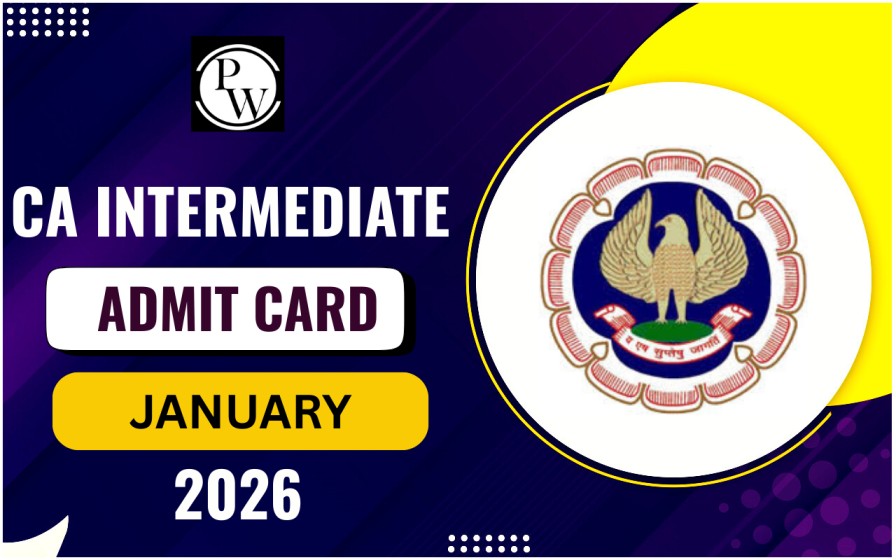
Job Costing is a cost accounting technique used by companies to monitor the expenses involved in producing customized or specific projects. This method is ideal for industries where production is tailored to meet individual customer orders.
In job order industries, production starts only after a customer places a detailed and customized order, meaning each job is unique. The cost for each job is calculated using a Job Cost Sheet, which helps businesses accurately track and manage the expenses for every project. Read more about Job Costing for CA Intermediate exams here.What is Job Costing?
Job Costing, also referred to as project-based costing, is a method used to track costs associated with specific products, projects, or jobs. This approach is commonly employed in industries such as construction, shipbuilding, engineering, furniture manufacturing, repair shops, automobile garages, and machine manufacturing, where individual jobs or orders can be managed separately. This cost accounting technique enables business owners to monitor the expenses of each job in detail, helping them analyze costs and identify opportunities for cost savings on similar future projects. Job Costing divides project costs into three main categories: materials, labor, and overheads. Since a job order costing system does not involve continuous production, it demands careful planning and strict oversight to prevent the wastage of resources like manpower, materials, and machinery. A job can refer to a contract, product, service, unit, batch, sales order, project, or any specific program, with each having its unique cost objectives for materials and services used.Applications of Job Costing
The following are the applications for Job Costing:Construction Industry: Job Costing is widely used in the construction industry, where each project is unique and treated as a separate job. This method tracks the costs of materials, labor, and other expenses for each construction project individually.
Manufacturing Industry: In the manufacturing sector, Job Costing is used to monitor the costs associated with producing individual products or batches. For instance, a furniture manufacturer may use this method to track the expenses involved in creating a specific type of chair or table.
Printing Industry: Job Costing is employed to track the costs of printing specific jobs such as books, magazines, and brochures. Each job is considered a distinct project, allowing for detailed tracking of materials, labor, and other related expenses.
Consulting Industry: In consulting, Job Costing helps track the costs of services provided to individual clients. Each consulting project is treated as a separate job, with costs like labor, travel, and other expenses monitored for each specific project.
Healthcare Industry: The healthcare sector uses Job Costing to track the costs of medical services provided to individual patients. Each patient’s treatment is considered a separate job, and this method helps track the costs of labor, medical supplies, and other expenses incurred for each patient
Also Read: Methods Of Cost Accounting
Features of Job Costing
Job Costing is a cost accounting method used to track the costs of producing a specific product or service. Below are the key features of Job Costing:Customized Production: Job Costing is ideal for scenarios where products or services are tailored to meet specific customer requirements. Each job is unique, involving different inputs, resources, and processes.
Specific Cost Identification: This method allows for the precise identification and allocation of all costs related to each job. It includes direct costs like labor, materials, and equipment, as well as indirect costs such as overhead.
Cost Control: Job Costing aids in controlling costs by tracking the expenses of each job and comparing them to estimated costs. This enables managers to identify and address any cost overruns or inefficiencies during the production process.
Accurate Pricing: By accounting for the actual costs associated with each job, Job Costing provides a reliable basis for pricing products or services, ensuring that an appropriate profit margin is included.
Budgeting: This method is valuable for budgeting, as it offers a detailed breakdown of the costs for each job. Managers can use this information to estimate future costs more accurately and prepare budgets accordingly.
Detailed Records: Job Costing requires maintaining detailed records of all costs related to each job, which is essential for financial reporting and analysis.
Analysis of Profitability: It provides a foundation for analyzing the profitability of each job or customer, helping businesses make informed strategic decisions about future opportunities.
Also Read: Difference Between Job Costing And Contract Costing
How to Calculate Job Costing?
Accountants must thoroughly analyze to determine the true cost of producing a specific product or service. Simply reviewing financial documents like balance sheets and income statements won't provide an accurate picture. Job costing requires a detailed assessment of materials, labor, and overhead expenses. To calculate the precise job cost, it’s essential to delve deeply into these components:Material Costs
In job order cost accounting, it’s vital to accurately identify and record the direct materials and their associated costs for each job or work order. This includes direct material costs (materials that become part of the finished product) and indirect material costs (materials needed for the job but not part of the final product). Direct costs typically involve raw materials, while indirect costs may include tools, machinery, or office supplies. Material costs are calculated by adding together all direct and indirect costs.Labor Costs
Direct labor costs must be analyzed for each specific job or work order. Tools like timesheets, job cards, or piece-work cards track labor hours based on the job’s operation schedule. Wages paid to both direct and indirect labor are categorized into production orders and standing orders by the costing department.
Accountants prepare labor summaries or wage analysis sheets for each accounting period, often weekly. These summaries may also include amounts for idle time, overtime, shift differentials, and fringe benefits. Labor costs = (Number of working days x daily pay rate x number of workers)Manufacturing Overheads
Overhead costs are accumulated using a standing order number and a cost center. Each center's overhead rates are either predetermined or actual. The Overhead Absorption or Applied Overhead analysis sheet consolidates and posts the allocated overhead costs for each job order onto the relevant cost sheets. Overheads are generally added when the job is completed or at the end of the accounting period. Elevate your CA Intermediate preparation with PW’s expert-led courses. Get comprehensive study material, mock tests, and personalized guidance to ace your exams. Enroll now and secure your success!| Also Check | |
| Tax Evasion | Optimal Capital Structure |
| Impact of Economic Policies on Businesses | Impact of Globalization on Local Economies |
| Marginal Costing | Benefits of Standard Costing in Manufacturing |
Job Costing FAQs
What is Job Costing?
How does Job Costing differ from Process Costing?
What are the main components of Job Costing?
Why is Job Costing important for businesses?
Which industries commonly use Job Costing?










